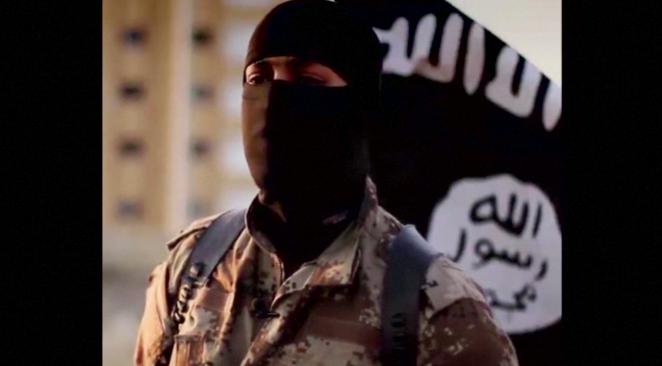A string of arrests
On September 13, three Syrians were arrested on terror charges in Germany’s northern state of Schleswig-Holstein. According to the Federal Prosecutor, the three men, aged 17 to 26, had arrived in the country in November 2015. While posing as refugees, they had already been tasked by the Islamic State to commit a terrorist attack. The youngest of the three had been given training in weapons and explosives in Syria; and the trio received “higher four-figure sums in American currency” as well as mobile phones while in Germany. However, at the time of their arrest in their respective shelters for asylum seekers, their plans had not yet come close to fruition.1
Raising a potential link to a larger IS network, German Interior Minister Thomas de Maizière stated that the men had been brought to Europe by the same people smugglers’ ring as the perpetrators of the November 2015 Paris attacks. Moreover, their counterfeit passports appeared to have been produced by the same IS-run workshop in Raqqa that had already produced the ´passports found on the perpetrators of the bombings and shootings in the French capital.2
Eight days later, on September 21, a 16-year-old Syrian was arrested in a makeshift housing unit in Cologne, where he had been plotting a bomb attack. He had received extensive guidance from abroad via online messaging services; and the young man’s IS-linked chat partner had given advice about how to build an explosive device and where to plant it. The 16-year old had been in Germany as a refugee with his parents and his sister since January 2015.3
The spectre of a larger network involving refugees
Against this backdrop, Thomas de Maizière asserted anew that the ‘Islamic State’ was not dependent on the refugee treks to bring its members and sympathisers to Europe. Rather than being an operational necessity, the infltration of these treks in fact constitues a means to discredit refugees and exacerbate simmering social tensions in Europe, or so de Maizière argued.4
Whilst this is surely part of the IS’s calculation, a trove of documents from European security services analysed by CNN shows that interior ministries and their intelligence agencies are more concerned about the number of jihadis concealed among the refugees than de Maizière wants to admit. These documents reveal the extent to which the ‘Islamic State’ has systematically relied on the flow of migrants to channel its fighters into Europe, as well as the suspected size of the resulting European IS-controlled network.5
At the same time, the precise relationship of other attackers to the IS terror organisation remain more opaque. Of the two recent perpetrators of terror attacks in Germany, the Ansbach suicide bomber appears to have received more detailed instructions from an IS-linked source for a longer period of time. While after his death the IS claimed that it had sent him, the man nevertheless seems not connected to any of the other IS networks in Europe. The young Afghan who attacked the passengers of a regional train near Würzburg seems to have established contact with IS-channels only late in the day, without having been sent to Germany by the organisation. Subsequently he nevertheless received extensive guidance from IS operatives.6 The IS thus proves itself once more to be rather flexible in its dealings with potential recruits.
Sources
https://www.generalbundesanwalt.de/de/showpress.php?newsid=628 ↩
http://www.sueddeutsche.de/politik/festnahmen-de-maizire-terrorverdaechtige-hatten-bezug-zu-paris-attentaetern-1.3159581 ↩
http://www.heute.de/nach-festnahme-in-koeln-junger-syrischer-fluechtling-hat-laut-polizei-sprengstoffanschlag-geplant-45319066.html ↩
http://www.sueddeutsche.de/politik/festnahmen-de-maizire-terrorverdaechtige-hatten-bezug-zu-paris-attentaetern-1.3159581 ↩
http://edition.cnn.com/2016/09/05/politics/isis-suspects-terrorism-europe-documents/index.html ↩
http://www.zeit.de/gesellschaft/zeitgeschehen/2016-09/islamischer-staat-europa-festnahmen-deutschland-terrorverdacht-syrer ↩






